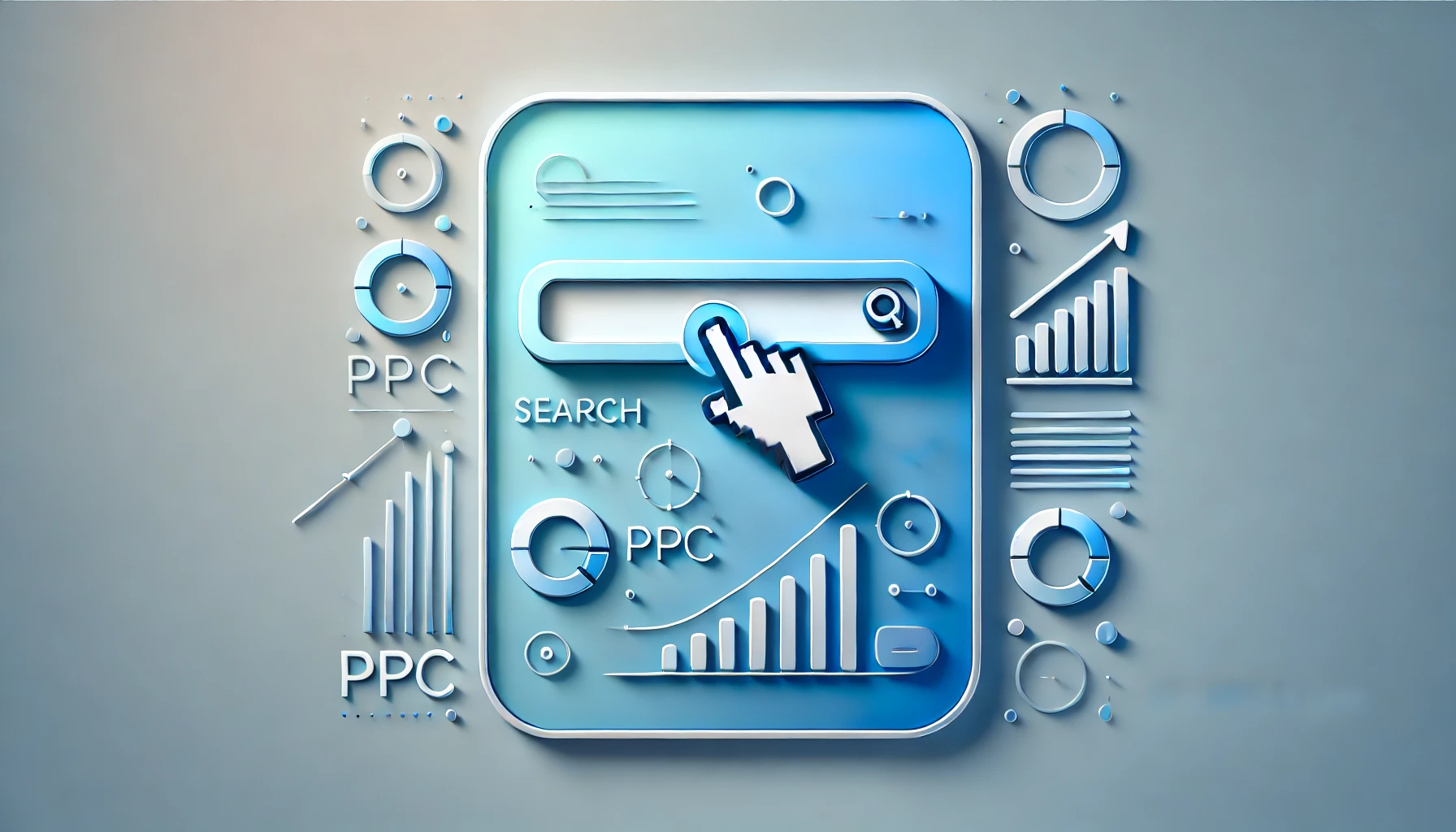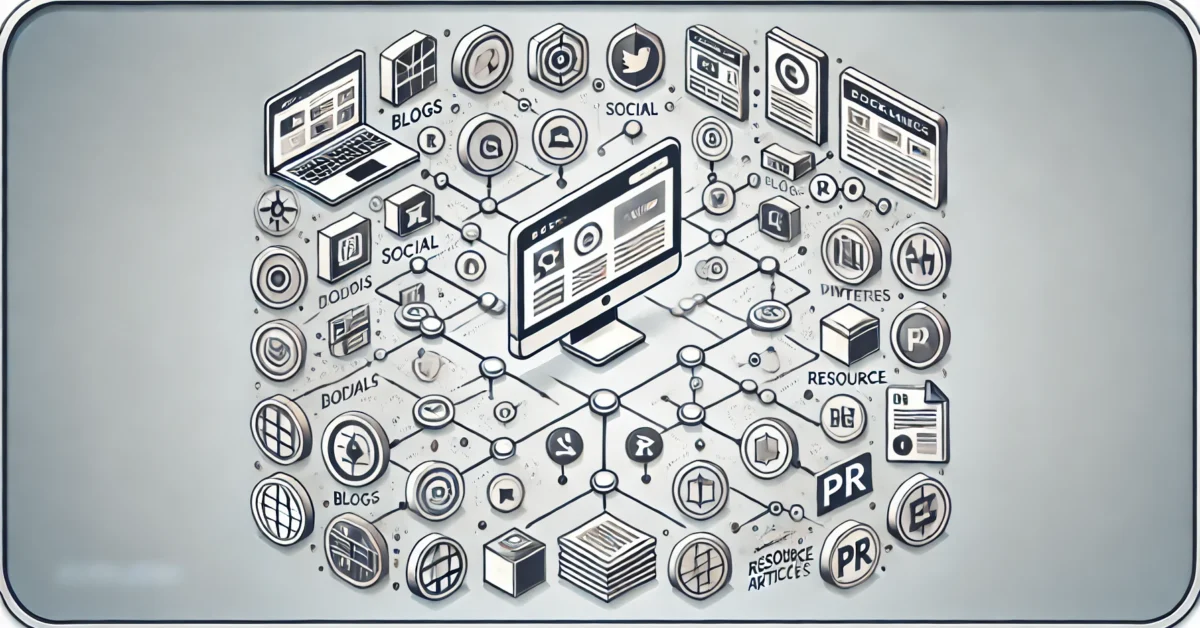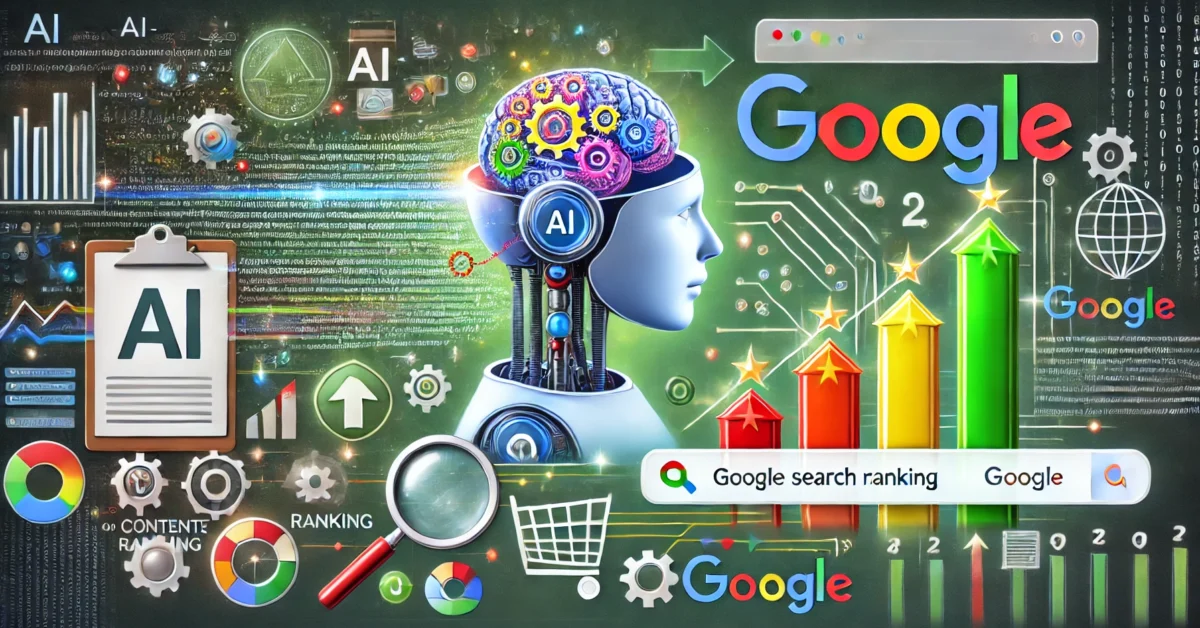In today’s fast-paced digital world, businesses are constantly looking for effective ways to reach their target audience and drive sales. Among the myriad of digital marketing strategies available, Pay-Per-Click (PPC) advertising stands out as one of the most powerful tools in a marketer’s arsenal. Whether you’re a small business owner in Pune or a large enterprise, understanding and leveraging PPC advertising can significantly enhance your online presence and revenue.
In this comprehensive guide, we will explore the intricacies of PPC advertising, its benefits, and how you can effectively implement it in your marketing strategy. We’ll also delve into the world of sponsored content and how it complements PPC, offering a holistic approach to digital marketing.
Understanding Pay-Per-Click Advertising
What is PPC Advertising?
Pay-Per-Click (PPC) advertising is a model of internet marketing where advertisers pay a fee each time one of their ads is clicked. Essentially, it’s a way of buying visits to your site rather than attempting to earn those visits organically. PPC ads can appear on search engines, social media platforms, and various other websites, providing a wide reach for businesses.
The most common form of PPC is search engine advertising, which allows advertisers to bid for ad placement in a search engine’s sponsored links when someone searches for a keyword related to their business. For example, if you bid on the keyword “digital marketing services in Pune,” your ad might show up at the top of the Google search results page when someone searches for that phrase.
The Mechanics of PPC Advertising
PPC advertising operates on a bidding system, where advertisers bid on specific keywords relevant to their products or services. When a user enters a search query that includes these keywords, the search engine triggers an auction to determine which ads will be displayed. The auction considers various factors, including the bid amount and the ad’s relevance, to decide the ad placement.
- Cost-Per-Click (CPC): The cost you pay for each click on your ad.
- Click-Through Rate (CTR): The percentage of users who click on your ad after seeing it.
- Quality Score: A score assigned by search engines based on the relevance and quality of your ad, keywords, and landing page. A higher Quality Score can lead to lower CPC and better ad positions.
Benefits of PPC Advertising
PPC advertising offers numerous benefits for businesses, particularly those operating in competitive markets like Pune:
- Immediate Results: Unlike SEO, which can take months to show results, PPC ads can start driving traffic to your website as soon as your campaign is live.
- Targeted Advertising: PPC allows you to target specific demographics, locations, and even devices, ensuring your ads reach the right audience at the right time.
- Measurable ROI: With PPC, you can track every aspect of your campaign, from impressions to clicks to conversions, allowing for precise measurement of ROI.
- Budget Control: You have full control over how much you spend on PPC, making it suitable for businesses of all sizes.
Types of PPC Advertising
Search Engine Marketing (SEM)
Search Engine Marketing (SEM) is the most popular form of PPC advertising. It involves placing ads on search engine results pages (SERPs) based on specific keywords that potential customers might use when searching for products or services.
- Keyword Research: The foundation of any successful SEM campaign is thorough keyword research. This involves identifying the keywords your target audience is using and determining their intent.
- Ad Creation: Your ads should be compelling and relevant, with a strong call to action (CTA) that encourages users to click.
- Landing Pages: The landing page where users are directed after clicking your ad should be optimized for conversions, with clear messaging and a user-friendly design.
Display Advertising
Display advertising involves placing banner ads, video ads, or rich media on various websites, apps, and social media platforms. These ads are typically visual and designed to attract attention and encourage users to click through to your website.
- Ad Creatives: Display ads should be visually appealing and aligned with your brand identity. They can include static images, animations, or videos.
- Targeting Options: Display advertising offers a wide range of targeting options, including demographic targeting, geographic targeting, and behavioral targeting.
Social Media Advertising
Social media platforms like Facebook, Instagram, LinkedIn, and Twitter offer robust PPC advertising options. Social media ads can be highly effective due to the vast amount of user data these platforms collect, allowing for highly targeted campaigns.
- Sponsored Posts: Sponsored posts are regular social media posts that businesses pay to promote to a wider audience. They blend seamlessly into users’ feeds, making them less intrusive than traditional ads.
- Lead Generation Ads: These ads are designed to capture user information directly within the social platform, making it easier for businesses to generate leads.
Remarketing
Remarketing is a powerful PPC strategy that targets users who have previously visited your website but did not convert. By using cookies, you can track these users and show them relevant ads as they browse other sites on the web.
- Remarketing Lists: You can create remarketing lists based on specific user actions, such as visiting a particular page or adding an item to their cart.
- Ad Frequency: It’s important to find the right balance with remarketing. Too few ads might not be effective, while too many can annoy potential customers.
Sponsored Content: A Complement to PPC
What is Sponsored Content?
Sponsored content is a type of native advertising where a brand pays to have its content featured on a third-party website. Unlike traditional ads, sponsored content is designed to look and feel like the site’s regular content, offering a more organic and less intrusive advertising experience.
The Benefits of Sponsored Content
Sponsored content offers several unique advantages that can enhance your overall digital marketing strategy:
- In-Depth Storytelling: Sponsored content allows brands to explore complex topics in detail, providing value to the reader while subtly promoting the brand.
- Increased Engagement: Because sponsored content is often more informative and engaging than traditional ads, it can lead to higher engagement rates.
- Building Trust: By providing valuable content that resonates with your audience, you can build trust and credibility for your brand.
How Sponsored Content Complements PPC
While PPC advertising is highly effective for driving immediate traffic and conversions, sponsored content can play a crucial role in building brand awareness and nurturing leads. By combining PPC with sponsored content, you can create a balanced marketing strategy that addresses both short-term and long-term business goals.
- Awareness to Conversion: Sponsored content can be used at the top of the funnel to raise awareness and educate your audience. PPC ads can then target these engaged users with more direct offers, guiding them through the conversion process.
- Content Amplification: Sponsored content can be promoted through PPC channels, such as social media ads or display networks, to reach a wider audience.
Best Practices for Effective PPC Campaigns
1. Conduct Thorough Keyword Research
The success of your PPC campaign hinges on selecting the right keywords. Use tools like Google Keyword Planner, SEMrush, or Ahrefs to identify keywords that are relevant, have high search volumes, and exhibit manageable competition levels. Additionally, consider long-tail keywords that may have lower search volumes but higher conversion rates.
2. Craft Compelling Ad Copy
Your ad copy needs to be clear, concise, and compelling. Highlight the benefits of your product or service, and include a strong call to action. Test different variations of your ad copy to see which performs best.
3. Optimize Your Landing Pages
Your landing page is where the magic happens. Ensure that it is aligned with the ad’s message and is designed to convert visitors into customers. A well-optimized landing page should have a clear headline, engaging visuals, and a straightforward conversion path.
4. Monitor and Adjust Your Campaigns
PPC campaigns are not a set-it-and-forget-it strategy. Regularly monitor your campaigns to see what’s working and what’s not. Use tools like Google Analytics and Google Ads to track performance metrics, and adjust your bids, keywords, and ad copy accordingly.
5. Use Negative Keywords
Negative keywords are an essential part of any PPC campaign. These are the keywords for which you do not want your ads to appear. By adding negative keywords to your campaigns, you can avoid irrelevant clicks and ensure your budget is spent on highly targeted traffic.
6. Leverage Ad Extensions
Ad extensions can enhance your PPC ads by providing additional information and encouraging higher click-through rates. Use extensions like site links, callouts, and structured snippets to make your ads more informative and appealing.
7. Set a Realistic Budget
Determine a budget that aligns with your marketing goals. Start small and scale up as you see positive results. Be mindful of your CPC and how much you are willing to pay for each conversion.
8. Experiment with Different Ad Formats
PPC platforms offer a variety of ad formats, including text ads, display ads, video ads, and more. Experiment with different formats to see which ones resonate best with your audience and drive the most conversions.
9. Focus on Quality Score
Google’s Quality Score can significantly impact the cost and performance of your PPC campaigns. To improve your Quality Score, ensure that your ads are relevant, your landing pages are high-quality, and your keywords are tightly grouped.
10. Incorporate Remarketing
Remarketing can help you recapture potential customers who didn’t convert on their first visit. Use dynamic remarketing ads to show users personalized content based on their previous interactions with your site.
Case Studies: Success Stories from Pune
To illustrate the effectiveness of PPC advertising, let’s take a look at a few success stories from businesses in Pune:
Case Study 1: Local E-commerce Store Boosts Sales with SEM
A Pune-based e-commerce store specializing in handmade crafts wanted to increase its online sales. By implementing a targeted SEM campaign focusing on long-tail keywords like “handmade crafts Pune” and “buy eco-friendly products Pune,” the store was able to attract a highly relevant audience. Within three months, their online sales increased by 45%, and their return on ad spend (ROAS) was three times the initial investment.
Case Study 2: IT Services Firm Achieves 60% More Leads with Remarketing
An IT services firm in Pune was struggling to convert website visitors into leads. They decided to implement a remarketing campaign, targeting users who visited key pages like their services page or contact page but did not fill out a lead form. By showing these users relevant ads across various websites and social media platforms, the firm saw a 60% increase in leads within two months.
Case Study 3: Real Estate Company Improves Brand Awareness with Sponsored Content
A real estate company in Pune wanted to increase brand awareness and educate potential buyers about the benefits of investing in their upcoming residential project. They partnered with a popular real estate blog to publish sponsored content that highlighted the project’s unique features and advantages. The content was promoted through PPC campaigns on social media, leading to a 35% increase in website traffic and a 25% increase in inquiries.
The Future of PPC and Sponsored Advertising
As digital marketing continues to evolve, PPC and sponsored advertising will remain critical components of any successful marketing strategy. For businesses in Pune, these tools offer unparalleled opportunities to reach targeted audiences, drive conversions, and grow your brand.
By mastering the art of PPC and leveraging the power of sponsored content, you can create a comprehensive digital marketing strategy that not only meets your immediate goals but also sets the foundation for long-term success. Whether you’re just getting started with digital marketing or looking to optimize your existing efforts, the time to invest in PPC and sponsored advertising is now.
Partnering with a professional digital marketing agency like Spree Marketing in Pune can help you navigate the complexities of PPC and sponsored advertising, ensuring that your campaigns are not only effective but also aligned with your business objectives. With the right strategy and execution, PPC advertising can be the key to unlocking your business’s full potential in the digital landscape.






